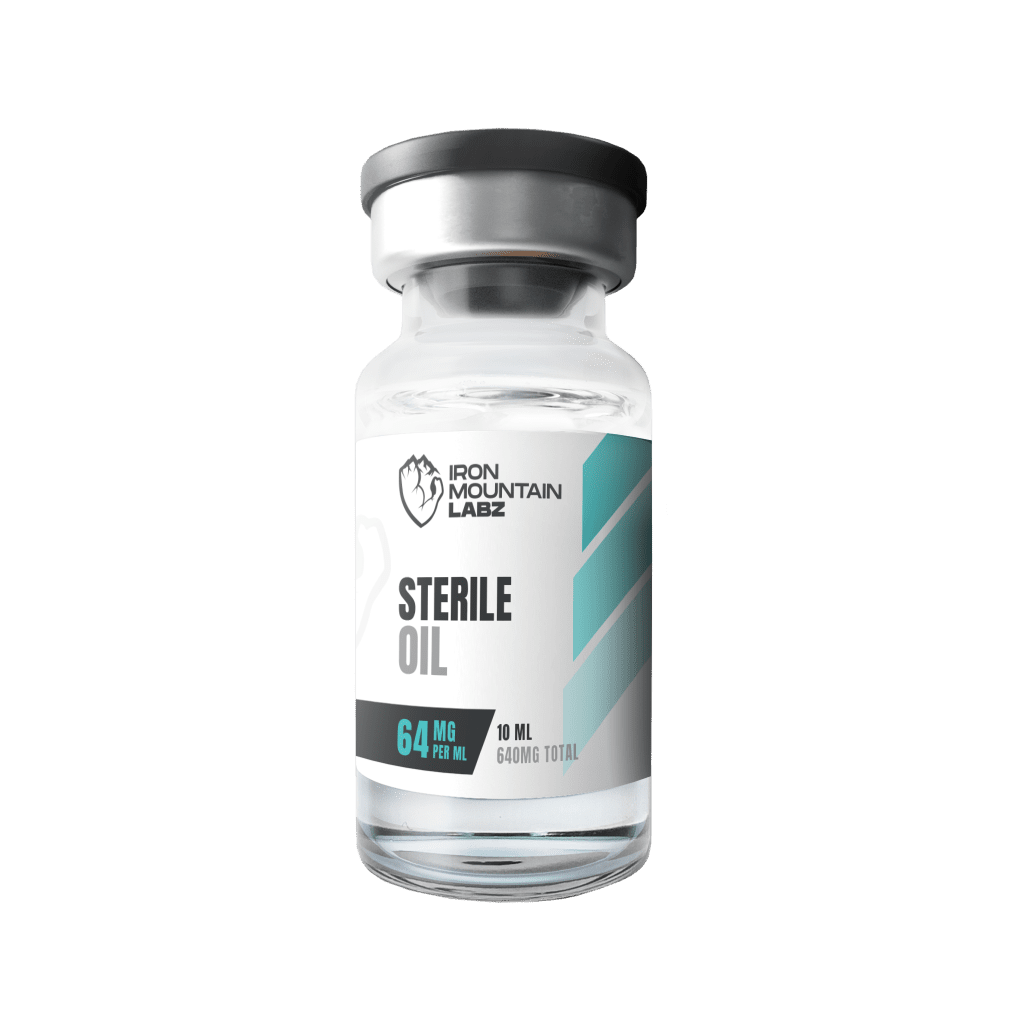
Peptides, often discussed in the realms of health, fitness, and anti-aging, have become a topic of increasing interest. These small chains of amino acids are integral to numerous biological processes and have potential therapeutic applications. This article aims to explore the world of peptides, shedding light on their nature, functions, safety, legality, and different types of peptides available today.
Peptides are short chains of amino acids, the building blocks of proteins, but are smaller in size, and are often compared with other research compounds like SARMs vs peptides. They are synthesized naturally in the body and play crucial roles in various biological processes. Unlike proteins, they are smaller and more easily absorbed by the body, which allows them to be more effective in certain functions.
Peptides are involved in a wide array of bodily functions, ranging from hormonal production to immune system response. They can act as hormones, neurotransmitters, and natural pain relievers. Moreover, they influence how our bodies react to diet and physical exercise. Due to their diverse roles, they are studied for their potential in treating various health conditions.
Peptide works by binding to receptors on the surface of cells and triggering specific responses. This mechanism enables them to participate in a multitude of biological processes. For instance, some peptides help in building muscle and reducing fat, while others are offered in single vials or nasal sprays for research use in reducing inflammation, improving skin elasticity, and aiding wound healing.
The safety of peptides largely depends on their type, usage, and dosage. Many peptides are generally well-tolerated, but like any substance, they can have side effects, especially if misused. The key to their safe use lies in understanding their properties, proper dosing, and, most importantly, consulting with healthcare professionals before starting any peptide therapy.
Peptides offer various potential benefits, which include but are not limited to:
The legality of peptides depends on their use and the regulations of individual countries. In general, peptides prescribed by a doctor for medical use are legal. However, the use of peptides for enhancing athletic performance or other non-approved uses can fall into a legal grey area. It’s crucial to be aware of and adhere to the legal regulations regarding peptides in your region.
Peptides can be purchased from various sources, including:
When purchasing peptide, it’s essential to consider the following:
If you’re unsure about preparation, our step-by-step guide on how to reconstitute peptides can be a useful reference.
If you’ve been pushing hard in the gym lately but you still feel like your
Introduction Historically, Kratom has been consumed for its stimulant and analgesic properties in Southeast Asian

If you experience injection pain, consider purchasing sterile oil. It helps ease discomfort by thinning the compound, making injections smoother.